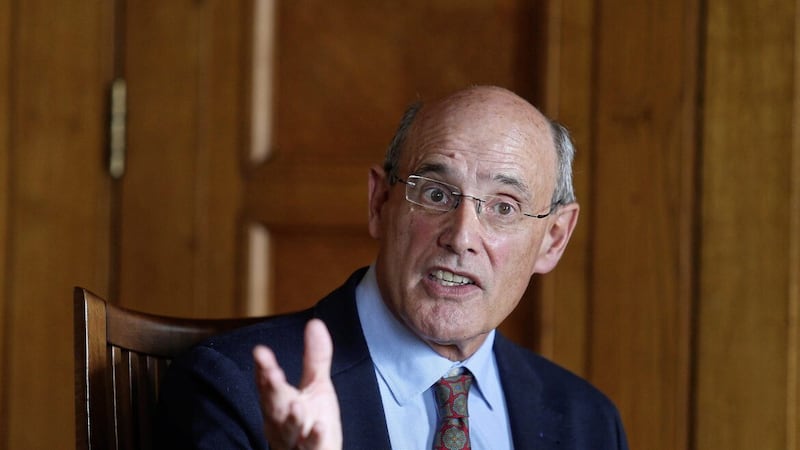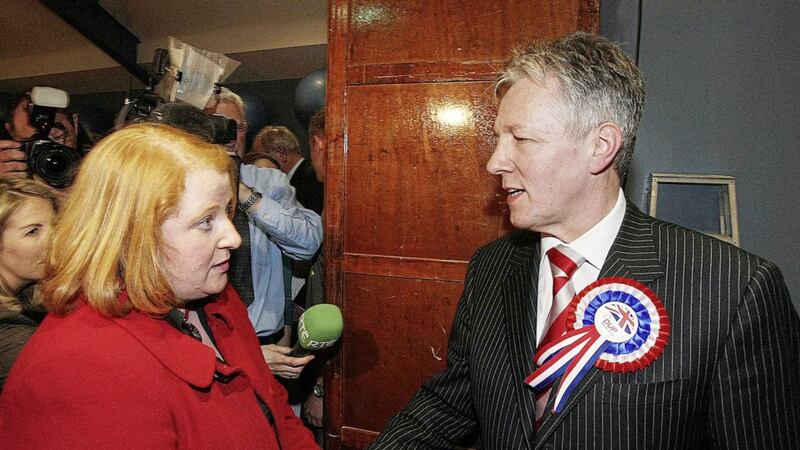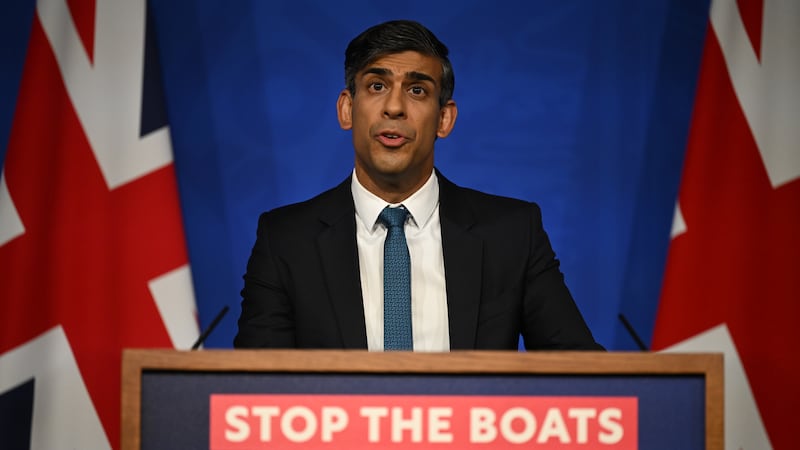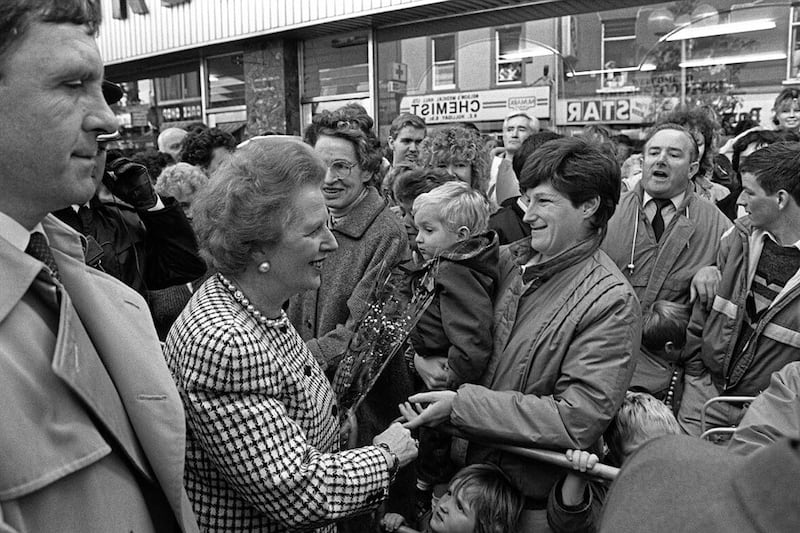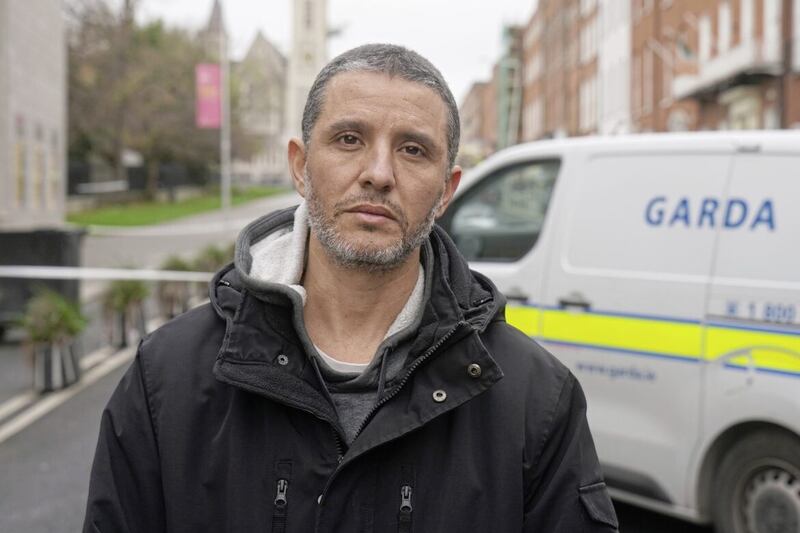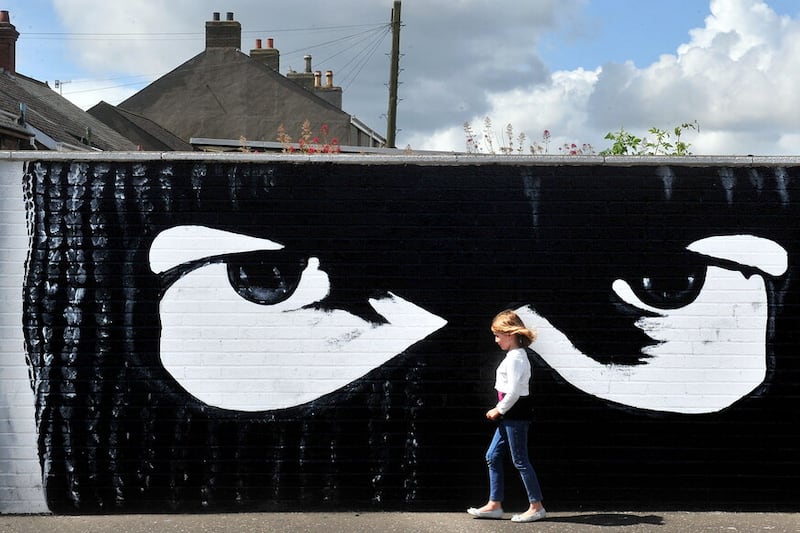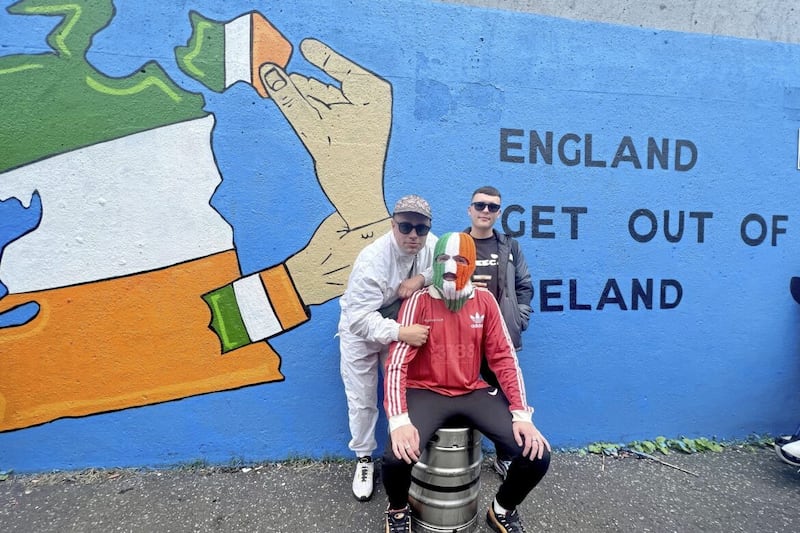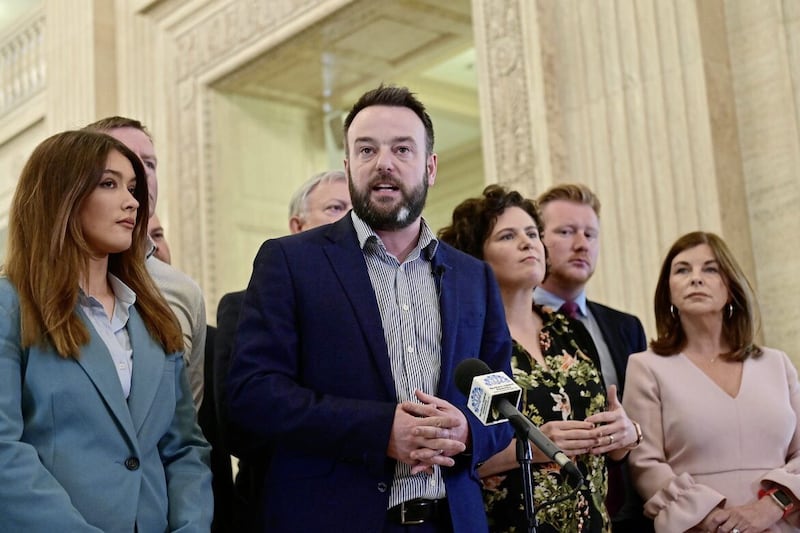Health reform is a hot topic at the moment.
Some appear to be using “reform” to smokescreen inefficiencies within trusts and a directionless Department of Health.
To paraphrase Captain Boyle from Juno and the Paycock, “the whole thing is in a terrible state o’chassis”.
The much-acclaimed Bengoa report (which is now seven years old) has achieved an unwarranted holy grail status.
It pointed to what its authors thought was best practice. There was considerable support for Bengoa –not least from the current Sinn Féin vice president and then health minister Michelle O’Neill.
Few would disagree with the principles behind the conclusions that there should be centres of excellence for particular specialisms at key hospital facilities.
Unfortunately, these centres of so-called excellence were and are still struggling to cope with servicing existing need. Health waiting lists for consultations and surgery are the highest in the UK. This isn’t down solely to the existence of smaller hospitals.
Remarkably, the Bengoa report didn’t really address the issues of poor transport, woeful infrastructure and more importantly access to a functioning and properly-resourced ambulance service. Health reform isn’t independent of these matters.
The authors were keen to stress that their recommendations would entail a decade of transition (if not longer) with additional “ring-fenced funding” required to assist the implementation. The funding never came but various trusts in a ham-fisted and piecemeal basis denuded rural areas from adequate medical services and emergency cover.
Last week, in figures provided by the Department of Health, waiting times in Craigavon hospital stood at 184 minutes, more than double those of Daisy Hill.
But it could be worse, the waiting time at the Royal was an eye-watering 471 minutes.
Those privileged enough to live in greater Belfast and its suburban hinterland have access to seven hospitals. (Eight if you include the Royal children’s hospital.)
The furthest away of those hospitals, in Antrim, is only a 20-minute journey down 18 miles of motorway. The Ulster is only five miles away from the centre of Belfast.
To put this in context, Culloville in south Armagh is a 30-minute drive to Newry. Annalong in south Down takes 48 minutes to get there. These times don’t factor in weather conditions, traffic or tractors.
Making stroke patients travel another 40 miles seems to fly in the face of the health service ads which say act FAST.
No wonder people in Newry, Mourne and Down are angry.
To push more services to a struggling Craigavon hospital is folly.
Craigavon’s emergency department was described last year as looking like a “war zone”. Ultimately the hospital in crisis had to close its doors and turn away patients when all 500 beds were occupied.
Daisy Hill Hospital has been systematically downgraded and underfunded for decades. It’s the largest health facility within a sprawling hinterland and contains one of the north’s five cities. The hospital is strategically positioned at the gap of the north and well able to provide services to north Louth.
Justin McNulty, the local SDLP MLA, has been one of the most prolific critics of the stewardship of Daisy Hill by the Southern Trust. And he is right – it’s shameful and shambolic.
McNulty, in a spirit of bipartisanship, has called on Sinn Féin to take the health ministry in any restored Executive.
An Alliance advisor recently tweeted that only they were prepared to make the hard decisions about reforming health, suggesting they “got rewarded electorally for their stance”. If this was a pitch for the health ministry, then Sinn Féin really do need to take it to protect rural health services.
People living west of the Bann are already living with the illogical and painful consequences of so-called “hard decisions”.
Bengoa’s report said concentrate on “systems not structures”. If those systems were fully functioning that’s possible, but adding to overburdened regional hospitals seems as sensible as welding lifeboats to the deck of the Titanic.

